TW: This article mentions sensitive topics such as sexual assault and
dating violence.
Katherine Foreman / Feature Editor
In the United States, Domestic Violence Awareness Month (DVAM) has taken place every October since 1989. It is a month to recognize survivors of relationship violence and to educate the public on information that can prevent relationship violence from happening (The National Child Traumatic Stress Network, 2023). USD’s Center for Health and Wellness Promotion is taking part in the Red Flag Campaign, which educates people on the warning signs of an unhealthy and/or violent relationship. For those entering their first relationships in college or exploring if they want a relationship, there are both red flags and green flags to be on the lookout for. Associate Director of Prevention and Education Sarah Diamond and Confidential Campus Assault Resources and Education (CARE) Advocate Megan Martin shared why this month is so important, as well as resources and advice to anyone getting involved in a relationship.
Importance of DVAM
“When it comes to societal norms around relationships, so much of it is about privacy and we often hear people say things like, ‘keep it in the family’ or ‘sweep it under the rug,’” Diamond said. “So, when we create a culture where talking about relationships is not normalized, that’s where violence can happen or we essentially allow violence to thrive.” The annual month of awareness creates opportunity for productive conversations. “[Domestic Violence Awareness Month has] been used as a space to not only mourn the loss of people that were lost due to domestic violence, but also celebrate what has happened and the changes that have happened,” Martin said. “It creates space for people to share their thoughts and what change they want to see.”
Red flags
The Red Flag Campaign is based on the One Love Foundation and their “10 signs of an unhealthy relationship,” which was created in honor of Yardley Love, who lost her life to relationship violence in 2010. The 10 signs are: intensity, manipulation, sabotage, guilting, deflecting responsibility, possessiveness, isolation, belittling, volatility and betrayal. “Sabotage — when someone purposely ruins your reputation, achievements or success… It can show up by a partner consistently keeping another partner up late, before interviews, before big exams — things that would sabotage their ability to do well,” Diamond said. “Possessiveness, because our culture really romanticizes jealousy and thinks that it’s very cute or romantic…and I don’t think jealousy in and of itself is a terrible thing… what’s important is how we navigate jealousy within our relationships.” Diamond stated that if there is extreme jealousy in a relationship, it can lead to possessiveness and possibly isolation. She continued to talk about volatility and what that can look like. “When someone has a really strong and predictable reaction that makes someone feel scared,confused or intimidated, and even betrayal, can be all of these like red flags or warning signs of an unhealthy relationship that could lead to abuse.” To read more about the ten warning signs, go to https://www.joinonelove.org/signs-unhealthy-relationship/. Red flags don’t always have to stay red, if there is productive and healthy communication around the issue that occurred. “Sharing this culture of communication and learning more about that other person with compassion can create a dialogue of really positive conversation,” Martin said. “A red flag of jealousy could turn into a green flag, if there was a healthy conversation about it.” Diamond described violence more in-depth and what it can look like. “Around intimate partner violence, relationship violence…it often doesn’t start that way. These flags are the warning signs that might progress to [an abusive
relationship],” Diamond said. Diamond explained how violence in relationships tends to be repeated patterns of behavior. “It’s someone who’s consistently doing something in order to maintain power and control the relationship.”
Green flags
Diamond and Martin asserted that there are also healthy signs to notice. Green flags include but are not limited to: going at a pace that both parties are comfortable with, honesty, respect, kindness and being able to navigate conflict in a healthy way.
“When we say violence is about power and control, healthy relationships are about
equality and respect. They are about both people being at the same level of one another, and that they’re showing that mutual respect for each other. Relationships should make you feel good. That’s a green flag.”Diamond also noted that partners should be able to take accountability for harming the other, if harm does occur.
Why do we stay?
Martin addressed how, for many students, they are getting into their first relationships and may be completely unaware of the red flags, because the green flags seem so much brighter. “If the person is abusive, they might be ‘love bombing’ you — throwing all of this love your way. So it’s easy to maybe ignore or not be able to focus on the things that are bad, because the love that you’re receiving is so intense, and so much more than you ever received, that it’s easy to maybe be like, ‘oh, that’s fine, it’s no big deal,’” Martin said. “Eventually, what you’ll start to notice, and what we notice with CARE specific situations is folks get stuck in this cycle of abuse.” Diamond spoke more on why people may stay in unhealthy relationships. “They also love the person who’s harming them. And that can be a major barrier to why people don’t want to see the red flags, or don’t want to leave that relationship,” Diamond said. “I think also the way that media like social media and movies, TV shows, etc. talk about relationships, really again romanticizes a lot of harmful relationship behaviors. Young people think this is what love is supposed to be, this is what I should expect in a relationship. The reality is, if they’ve never had good comprehensive sex education that also teaches them about healthy relationships, then they never would know, actually, what is a healthy relationship, especially if they haven’t seen it modeled through caretakers or people around them. So there’s a lot of reinforcing factors that help them or keep them where they are.” Diamond offers presentations about unhealthy relationships shown in media for any and all classes on campus, and they are by-request only.
Advice
Diamond and Martin want students to know that relationships should and can be fun and make you feel uplifted.
“A relationship should make you feel good. It should make you feel affirmed in your identities. It should make you feel like you can be your authentic self with them. It shouldn’t make you feel pressured. It should never make you feel like you have to do things in order to make that person happy,” Diamond said. “I want students who are entering our first relationships to know that if it doesn’t feel good, if their gut is saying to them this doesn’t feel great, that it probably isn’t right. And we want them to reach out to us if they’re like, ‘maybe I am in an unhealthy relationship.’ We can help with that kind of information distilling.” Martin said before anyone comes into her office, she asks herself, “what would I want to hear if I was walking in that door?”
“I would have wanted someone just to say, you deserve everything and more. And one day, you’re gonna find that. But right now, you deserve the world,” Martin said. “You deserve someone that is going to give you everything and more, because you’re worthy enough to get everything that you need.”
Resources
Diamond and Martin’s advice spreads beyond just knowing what you deserve; they also want students to know that their doors are always open and there are various resources that they can utilize. One of these resources are peer educators who present on consent, healthy relationships and how to support survivors. They can be requested at any time. “[Relationship violence prevention] has to be ongoing education because it’s a lifelong process to be in relationships with people, whether it’s romantic or platonic, or it’s with coworkers or supervisors,” Diamond said. Martin communicated how it is okay to not know what your relationship means yet.
“Just knowing that CARE and myself as a confidential resource are here, we’re more than happy to talk with students, even if they’re not sure,” Martin said. “A lot of exploratory work definitely happens here. Having the space for someone just to talk about the experience that they went through, even if they don’t have a label for it.” Martin’s role as a Confidential CARE Advocate is new this semester and allows students to share freely without worrying about being reported. The only cases where Martin is required to report students are when they are discussing harm to themselves or to others. She also explained how this confidential option helps students make their own informed decisions.
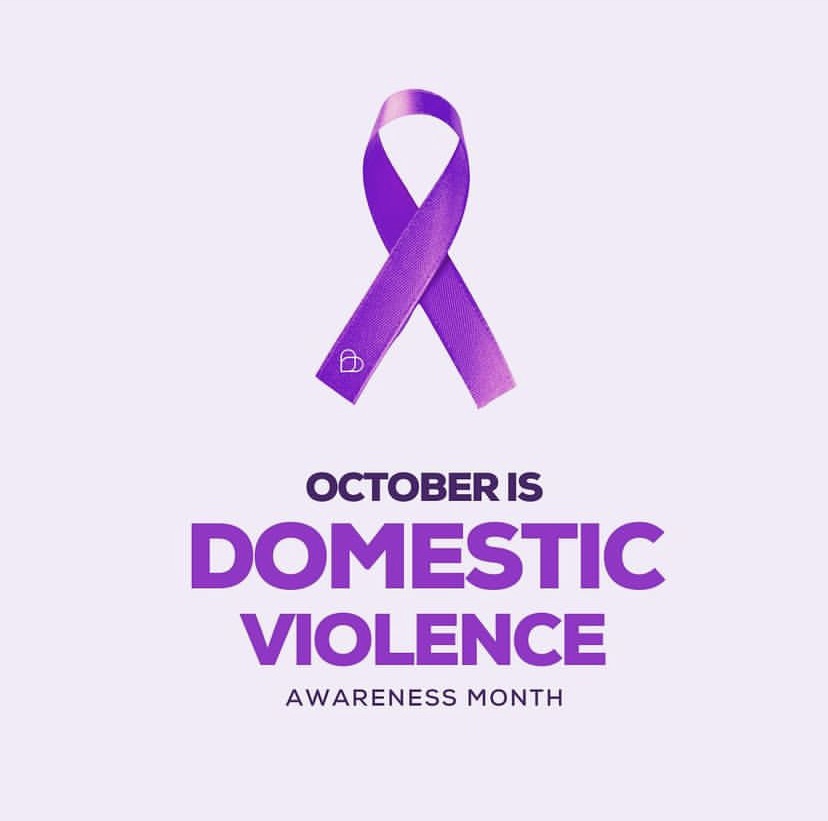
Photo courtesy of @bloom365/Instagram
“It gives the choice back right to the person who’s impacted, especially when we think about really, truly being trauma informed, that it is so important to give the safety and the choice back to the person who’s been impacted.” There are two more Red Flag campaign events Oct. 24 from 9-10 p.m. in The Valley and Oct. 26 from 8-9 p.m. in Maher Hall. Purple Thursday, a day to stand with survivors of relationship violence and educate the public, is happening on Oct. 19 from 12-2 p.m at Paseo de Colachis. There is also a program to receive a Violence Prevention Certificate and it begins Oct. 24, available for both graduate and undergraduate students. Martin can give assistance to any student needing accommodations — academic, housing, wellness resources, therapy options, financial aid support, reporting options (Title IX, Public Safety, Police) and more. To contact Martin, call 619-260-4655 and say “CARE Advocate Meg” or email meganmartin@sandiego.edu. To get in contact with Diamond, email sdiamond@sandiego.edu. CARE’s official website is https://www.sandiego.edu/care/ and their phone number is 619-260-2396. If you or someone you know is in a relationship that may be unhealthy or violent, please reach out. People care about you and want you to be okay. It can be scary to speak up but it also is worth it. You are worth it.
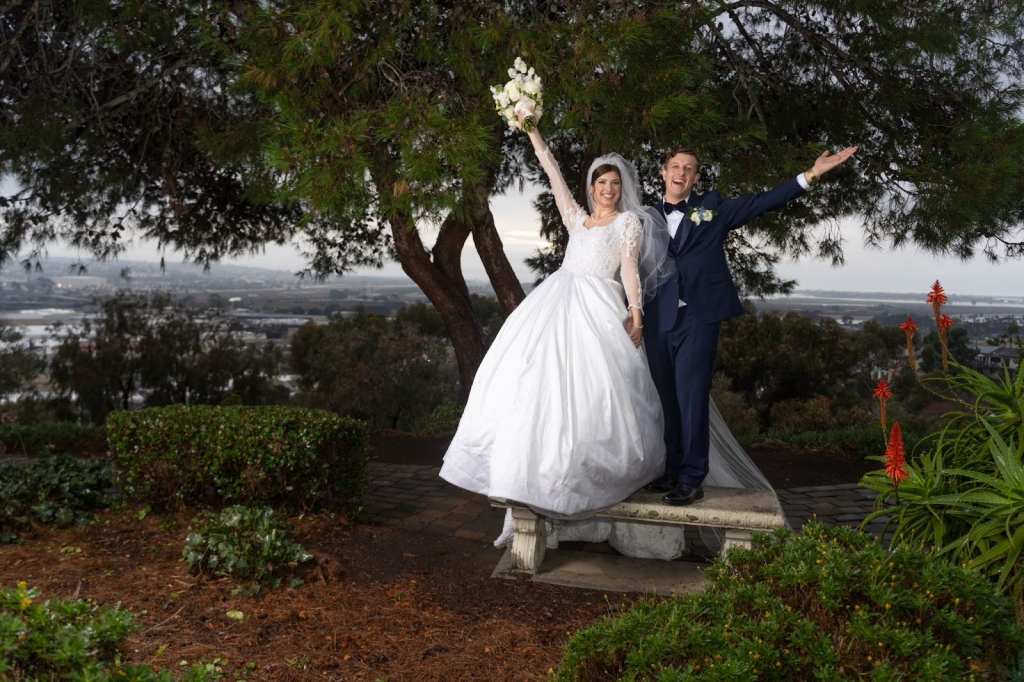
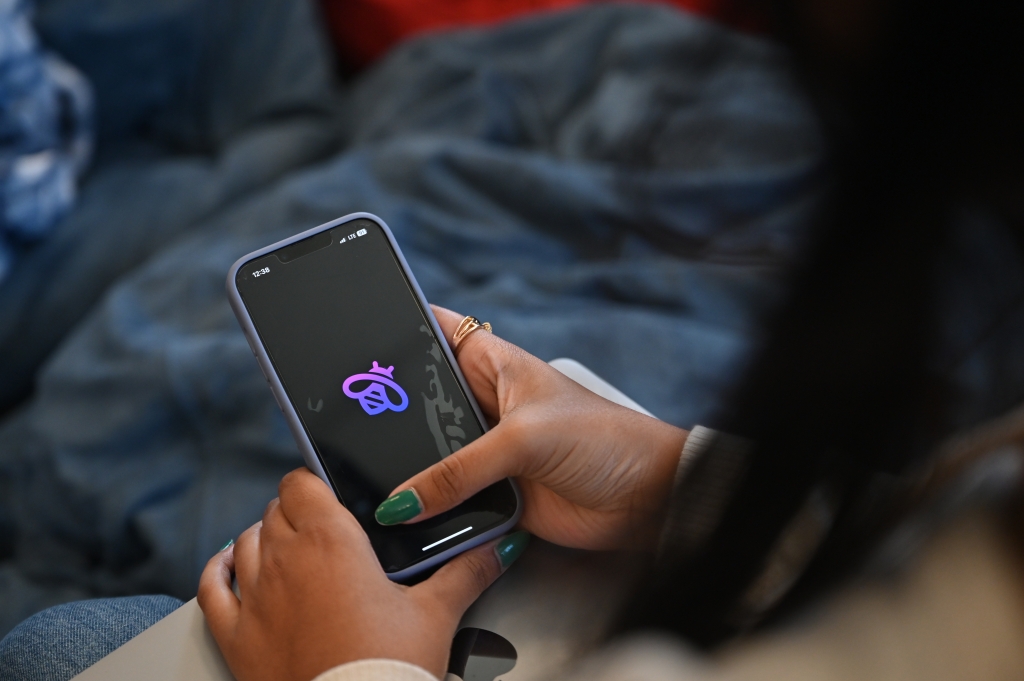
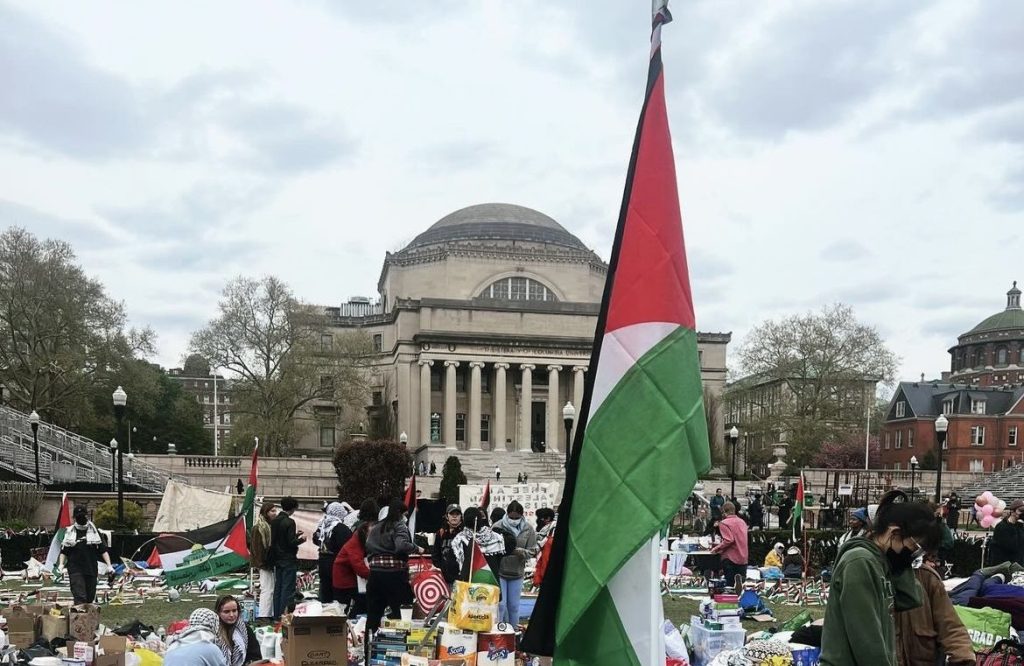
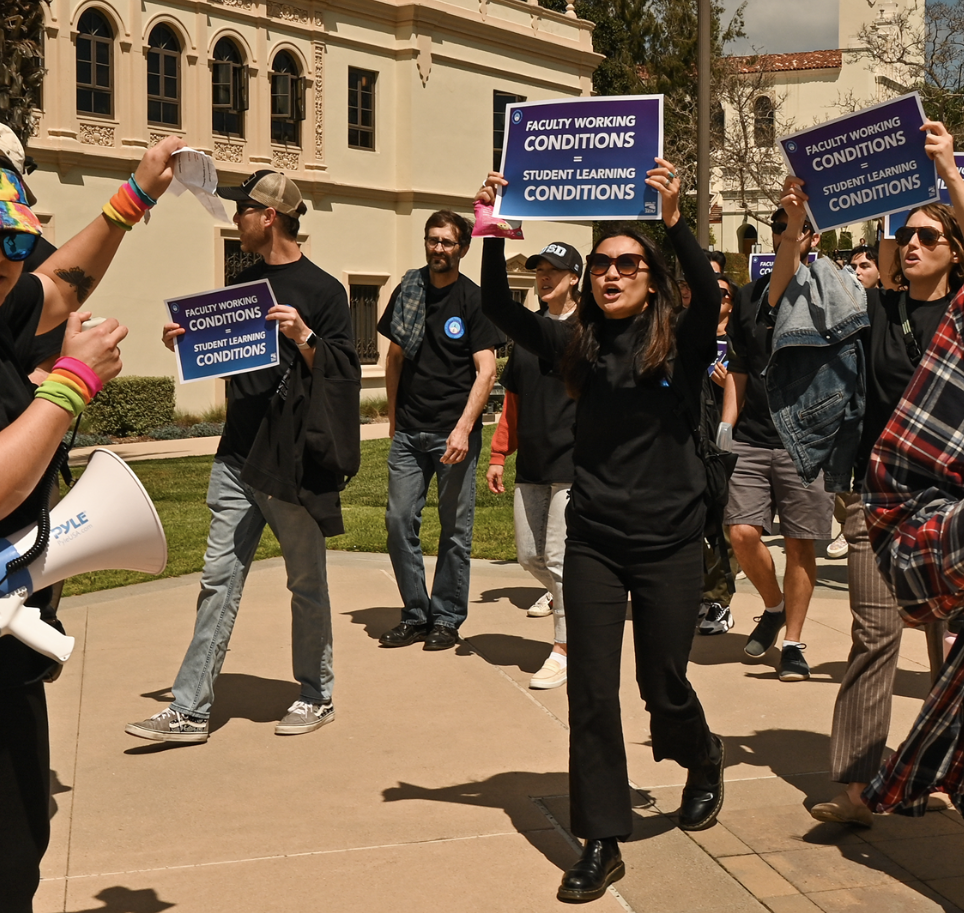
Leave a comment